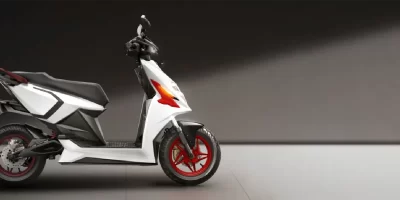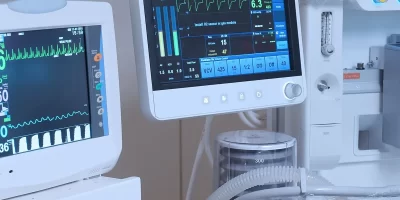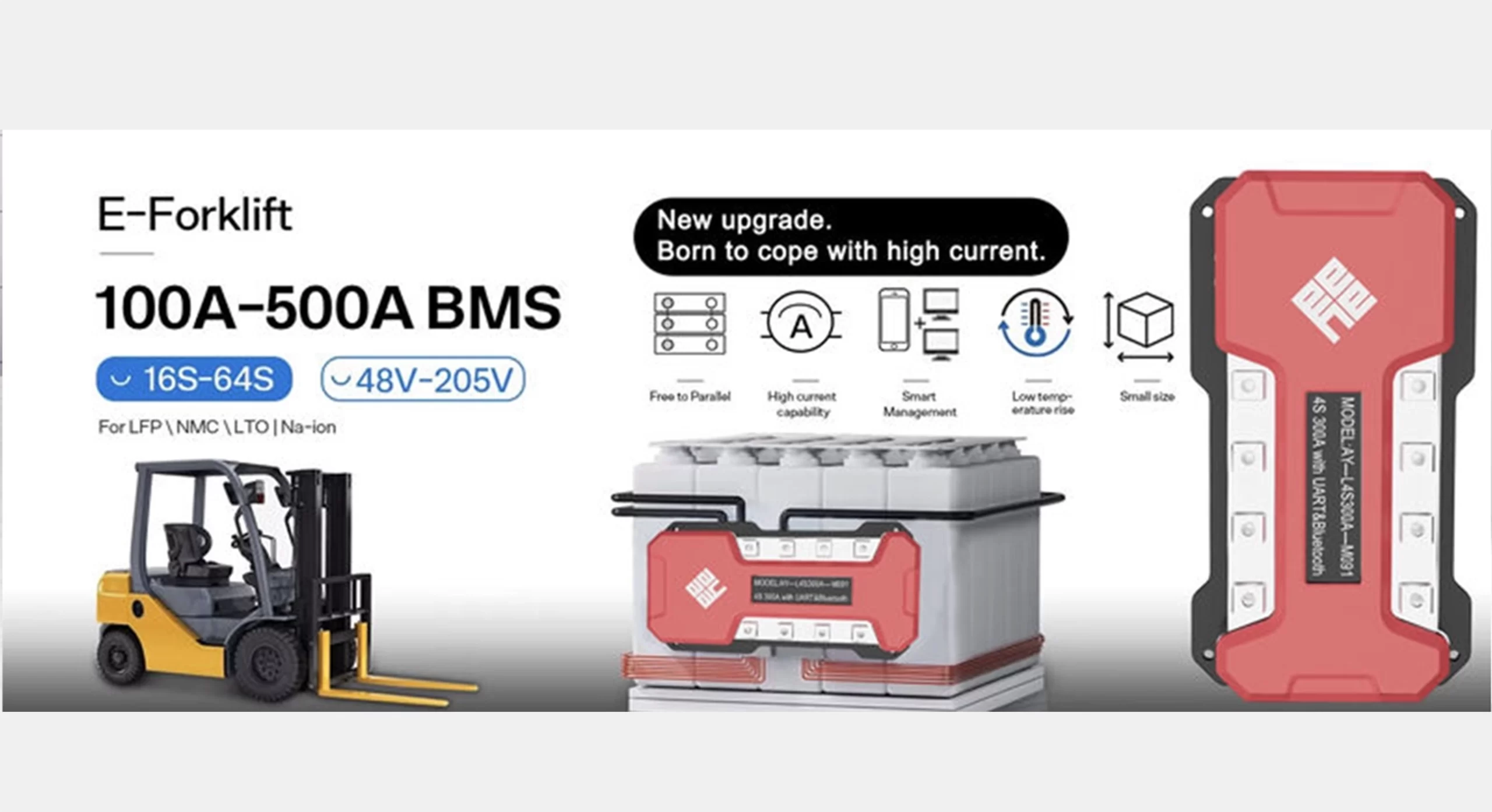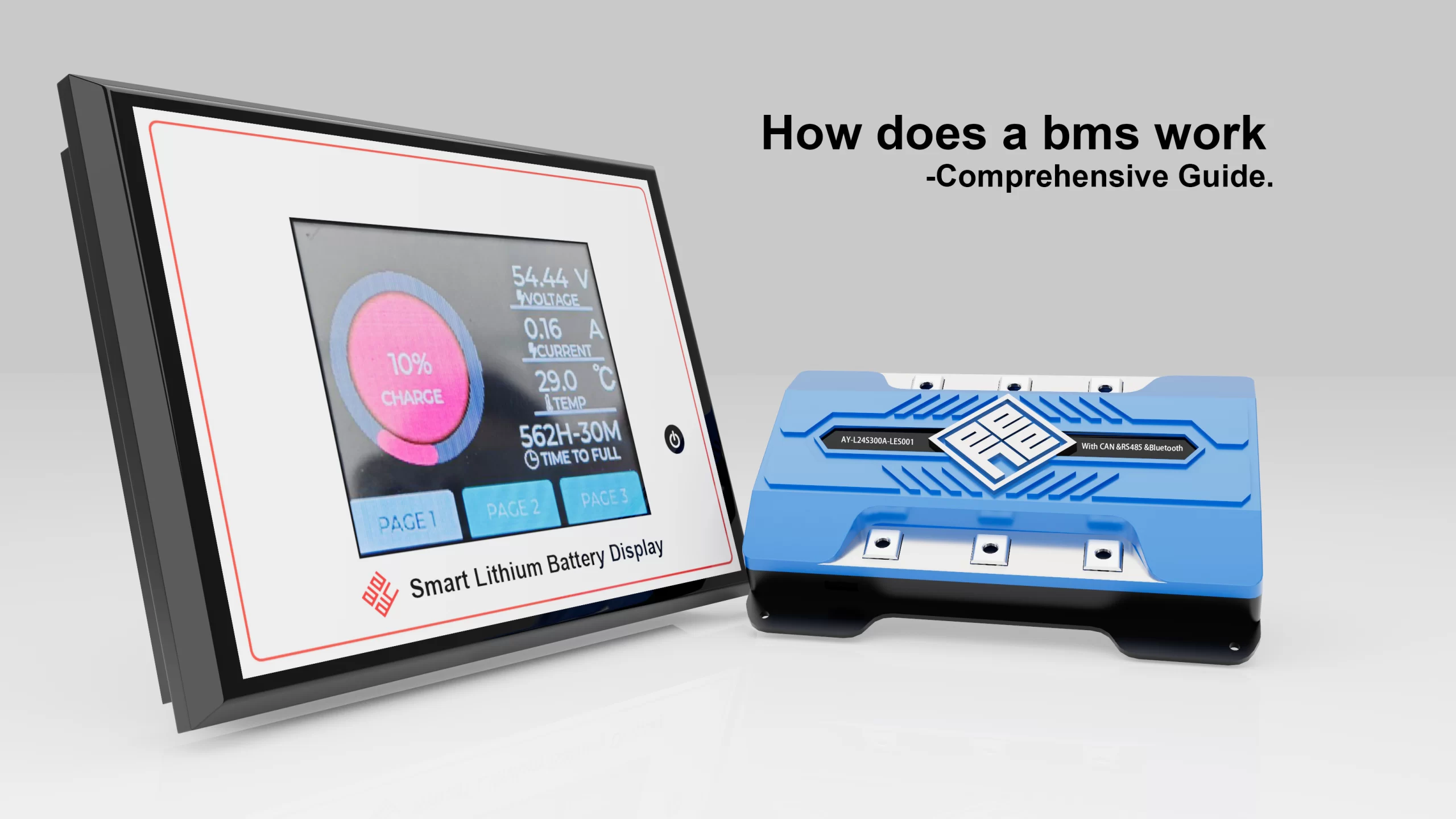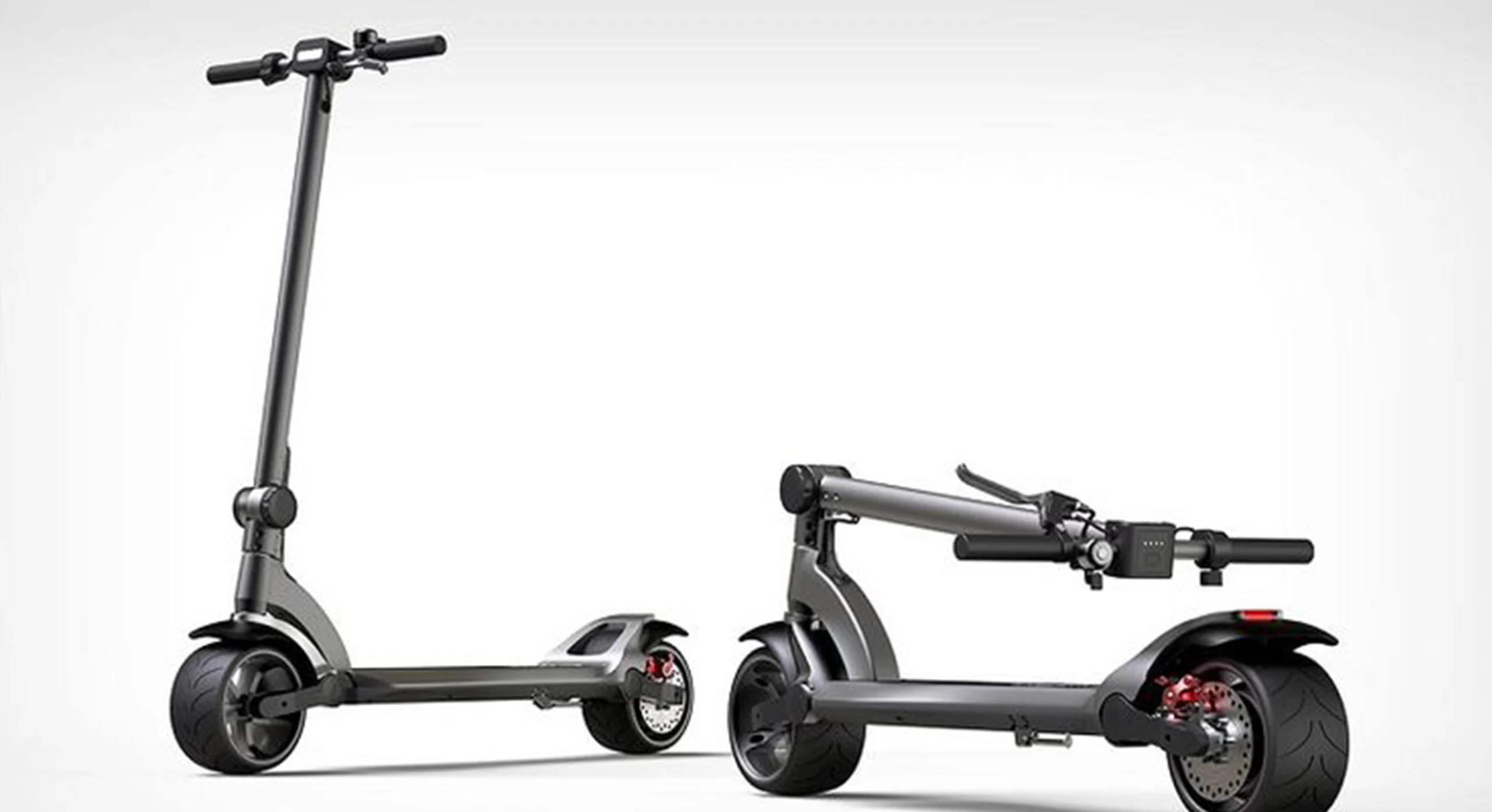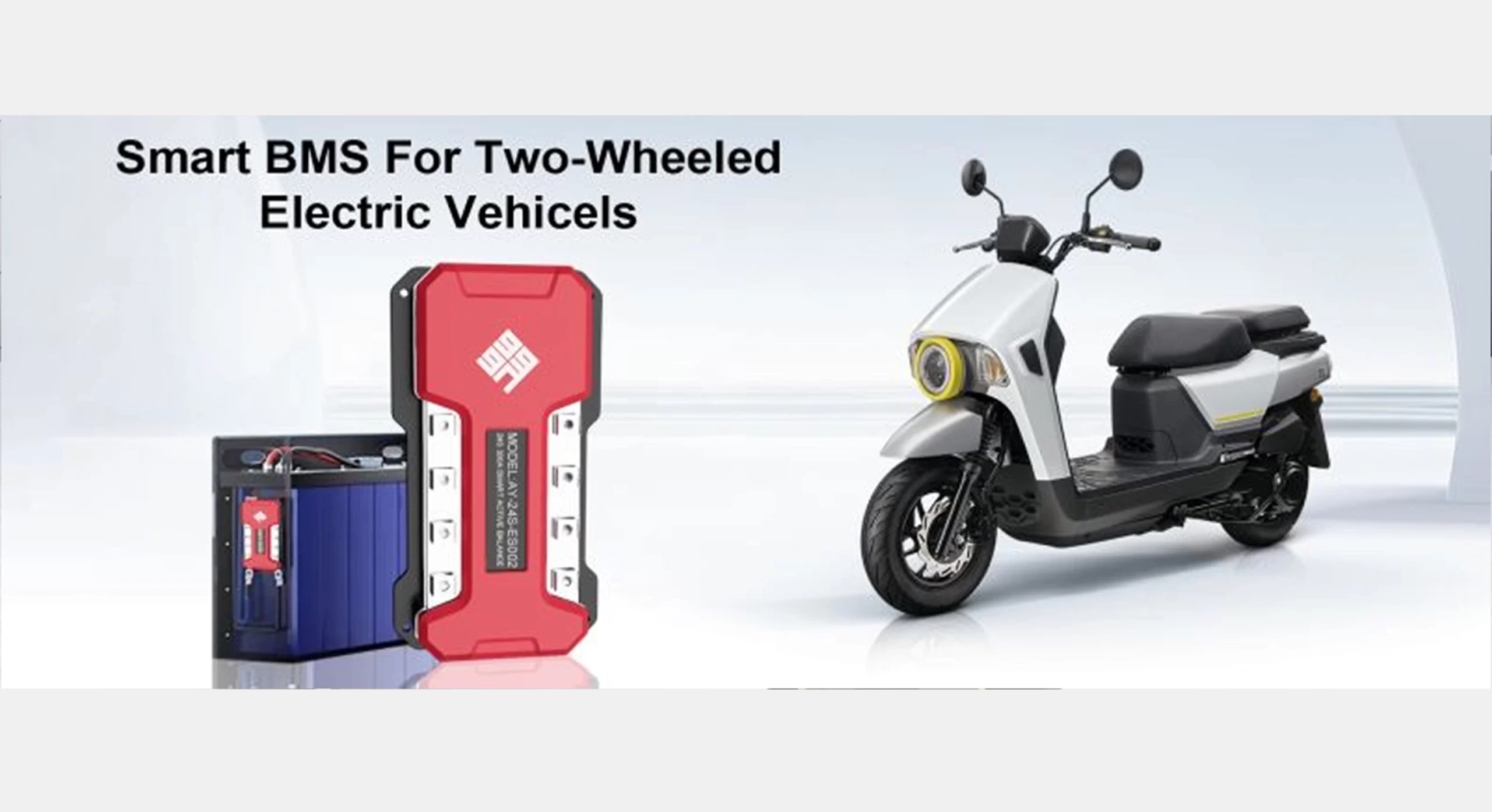Home About Us EVENTS & NEWS Smart BMS for LiFePO4 Batteries: The Future of Efficient Energy Management
Smart BMS for LiFePO4 Batteries: The Future of Efficient Energy Management
Smart BMS for LiFePO4 Batteries: The Future of Efficient Energy Management
More than ever, effective and intelligent battery control is essential in the dynamic energy landscape of today.
Batteries made of lithium iron phosphate (LiFePO4) have grown in popularity because of its extended cycle life, stability, safety, and environmental friendliness.
However, a Smart Battery Management System (Smart BMS) is necessary to fully realize the advantages of LiFePO4 chemistry.
In addition to protecting the battery, this approach extends its longevity and improves its overall efficiency.
The importance of a Smart BMS in maintaining performance and safety increases with the complexity of energy systems.

How Smart BMS for LiFePO4 Works
A Smart BMS functions as a battery pack’s brain.
It continuously checks that the temperature, voltage, and current of each cell in a LiFePO4 battery stay within acceptable bounds.
The system responds immediately if it notices abnormalities such as overcharging, deep discharge, or overheating.
This could entail turning off loads or chargers, setting off alarms, or starting cooling processes.
Users can access real-time data remotely thanks to advanced Smart BMS units’ capability for wireless connectivity and cloud-based controls.
Certain BMS units have adaptive algorithms included, which gradually optimize operations by learning usage patterns.
Components of a Smart BMS for LiFePO4
The battery pack is managed and protected by a number of advanced components that make up the Intelligent BMS.
A microcontroller unit (MCU), temperature and voltage sensors, balance circuits, communication interfaces, and protection mechanisms are essential components.
The MCU receives data from the sensors, evaluates it, and makes choices quickly.
By keeping all cells at the same charge level, balancing circuits stop degeneration brought on by imbalance.
Bluetooth, RS485, and CAN bus are examples of communication ports that facilitate easy connection with external apps and systems.
Data logging memory is another feature that some systems provide for monitoring performance.
Benefits of Using Smart BMS with LiFePO4 Batteries
There are many benefits to implementing an Intelligent BMS.
By avoiding abuse and overstress, it greatly extends battery life.
It improves energy density use by effectively controlling charge-discharge cycles.
By averting risks like thermal runaways, overvoltage, and short circuits, Intelligent BMS systems guarantee safety.
They also facilitate scalability, which makes it possible to include them into bigger energy storage systems.
A Smart BMS improves energy performance, reduces downtime, and increases dependability whether it is utilized in solar energy systems, electric cars, or portable electronics.
Smart BMS in Real-World Applications
Applications for intelligent BMS technology are found in many different industries.
It guarantees ideal charging and extends battery life in household solar storage.
It is essential to the safe, balanced power delivery of electric bikes and scooters.
Its remote monitoring capabilities help boats and recreational vehicles by guaranteeing performance and preparedness.
BMS is used by industrial energy storage systems to control power flow and avoid system failure.
Smart BMS is used by microgrids and agricultural operations to balance energy use, minimize loss, and ensure uninterrupted operation.
Tips for Installation and Safe Use
It takes careful consideration to install an Intelligent BMS for LiFePO4 batteries.
Use wiring that is rated adequately and according to the manufacturer’s instructions.
The battery system should be kept in a cold, dry, and well-ventilated space.
Set the protective limits in accordance with the battery’s requirements.
To avoid mishaps, activate alarms and auto-cutoff functions. Keep an eye on system logs and upgrade firmware on a regular basis.
Make sure the installation is vibration-proof and, if required, the shell is watertight when installing in cars or boats.
Maintenance and Extending Battery Life
The secret to long-term dependability is routine maintenance. Examine the connection terminals for looseness or corrosion.
Check sensor logs for irregularities on a regular basis. Update the firmware in accordance with the manufacturer’s recommendations.
Pay close attention to temperature changes, particularly while charging quickly or in high-load situations.
Adjust the system’s voltage accuracy once a year. By integrating with the cloud, sophisticated Smart BMS platforms can facilitate predictive maintenance and remote diagnostics.
Breakthroughs in Smart BMS and Industry 4.0
Battery management has been completely transformed by the development of Industry 4.0 technology.
Real-time defect detection and accurate assembly are now possible thanks to automation tools.
Utilization data is analyzed by machine learning algorithms to identify anomalies or forecast performance declines.
Digital twins allow engineers to visually test systems before to installation by simulating battery behavior under various conditions.
These innovations improve the functioning and dependability of BMSs.
Smart BMS has changed from a passive monitoring tool to an active, predictive energy manager with Industry 4.0.
Financial and Performance Returns
Smart BMS offers significant financial returns in spite of its greater initial cost. It lowers replacement expenses by prolonging battery life and avoiding damage.
In renewable energy systems, effective energy management lowers utility costs. Service interruptions and downtime are reduced when the chance of failure is lower.
Smart BMS solutions enable operators to maintain performance KPIs and comply with regulatory requirements in commercial settings.
Overall, improved safety, less maintenance, and more efficient electricity use make the investment worthwhile.
Smart BMS Equipment Considerations
The application determines which Smart BMS is best for you. Strong protection circuits are necessary for high-current systems.
Compact, light units are needed for mobility applications. Seek for solutions that can be integrated with expanding battery arrays due to their scalable architecture.
Take into account the kind of connection protocol to ensure smooth hardware connectivity.
Mobile apps are available for live monitoring with advanced units.
For long-term operation, choose a BMS that enables firmware changes whenever feasible.
7S-24S LFPNMCLTO|Na-ion 300A BMS for Golf Cart &Energy Storage &3-Wheeled Vehicle &Motorcyle & Parking Air Conditioner
Why Smart BMS is Crucial for the Future
It is impossible to overestimate the significance of efficient battery management as more residences and companies switch to renewable energy.
Optimized storage, robust backup systems, and smarter grids are made possible by a smart BMS.
By improving battery reliability, it facilitates the electrification of vehicles. Smart BMS is essential when it comes to climate goals and sustainable technologies.
It guarantees that energy is not only stored but also used effectively and intelligently.
Businesses like Shenzhen Ayaa Technology Co., Ltd. continue to lead the way in smart energy solutions because of their dedication to innovation and dependability.
They offer integrated solutions that facilitate the global shift to cleaner, smarter energy infrastructures.
A key component of the energy revolution, Smart BMS for LiFePO4 batteries is effective, intelligent, and essential given the increasing complexity of power demands and renewable systems.
Contact Us
SHARE
News Recommend
-
How does AYAATECH BMS work in E-scooters
01/16/2025





